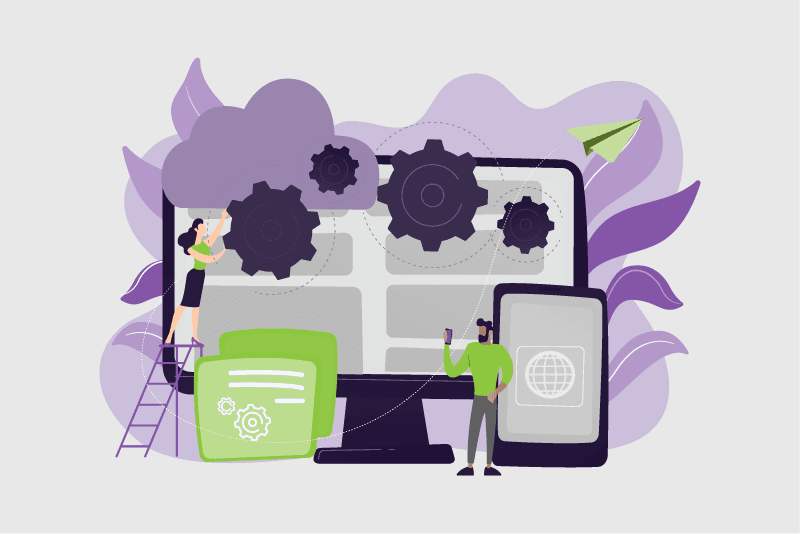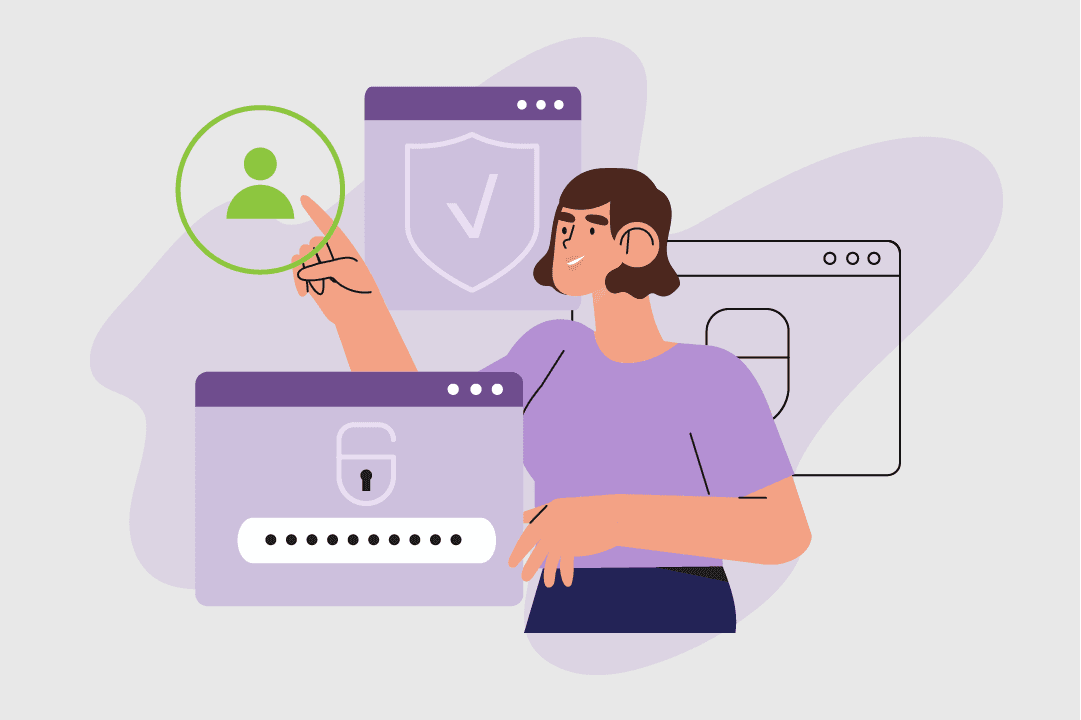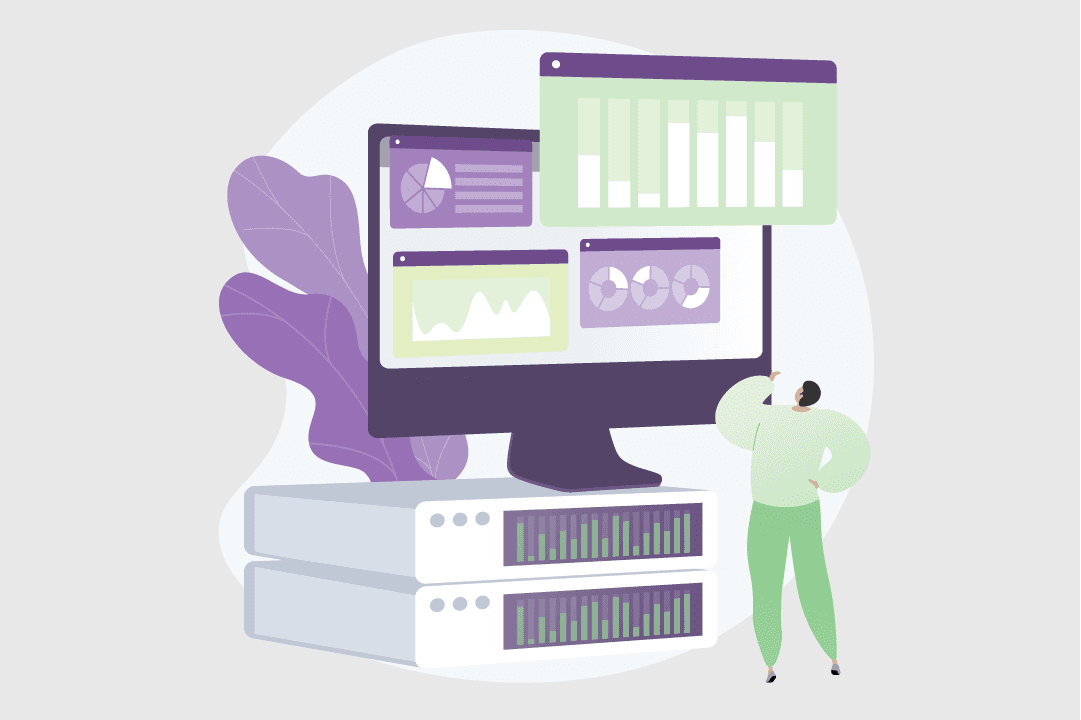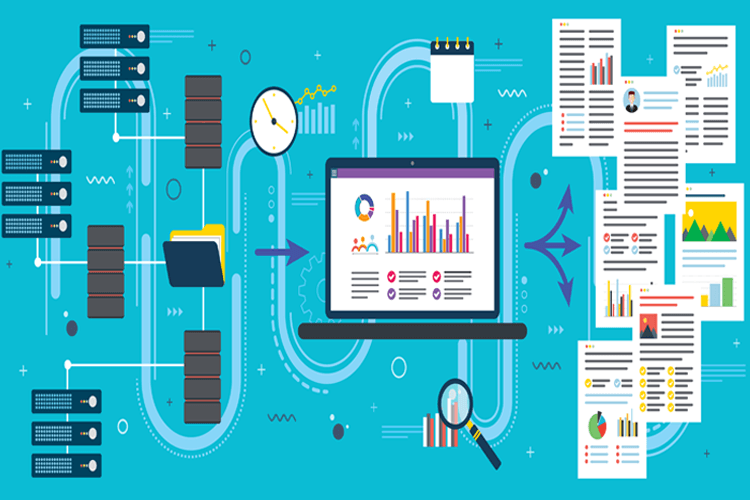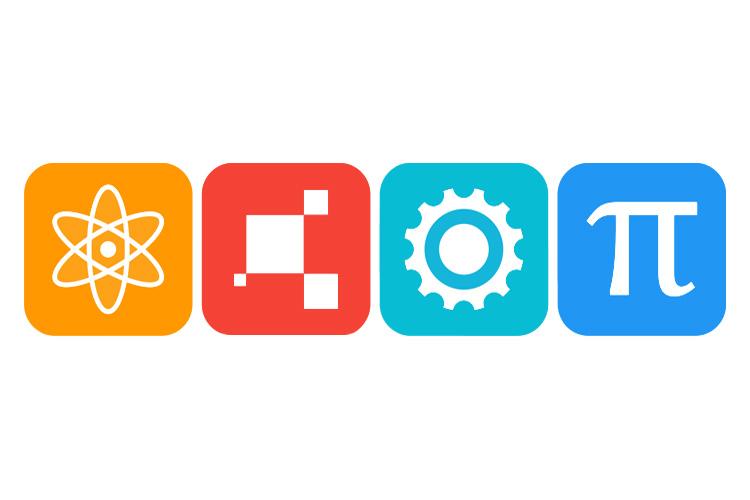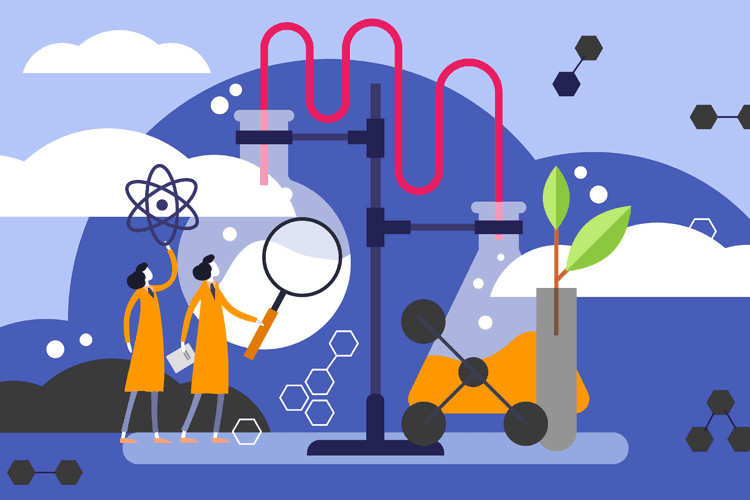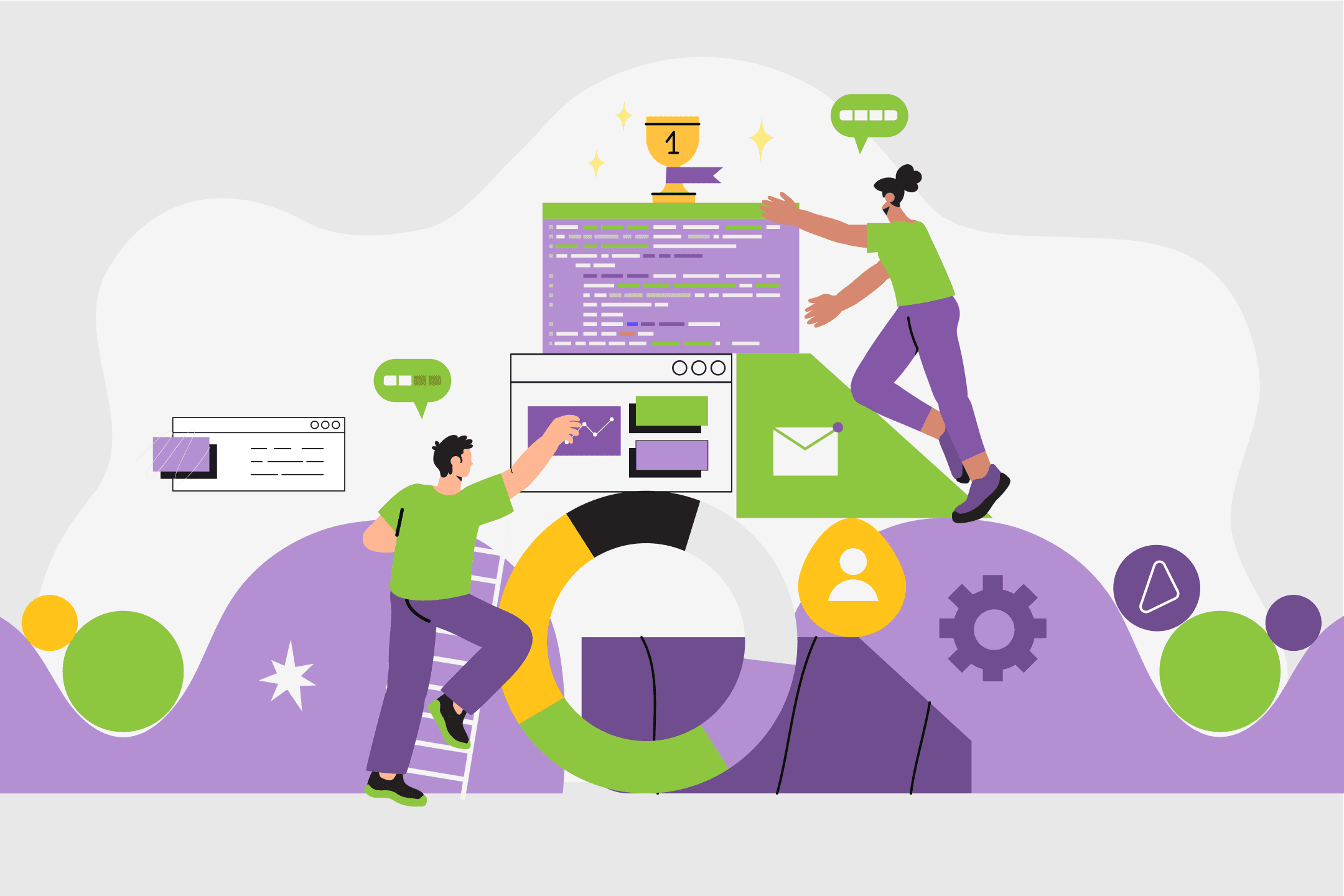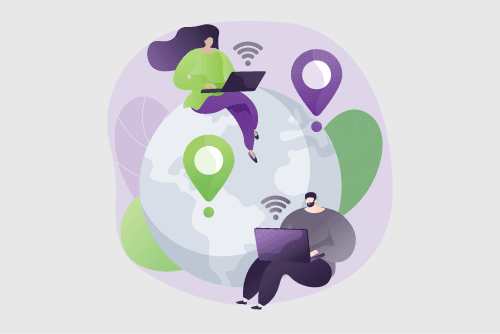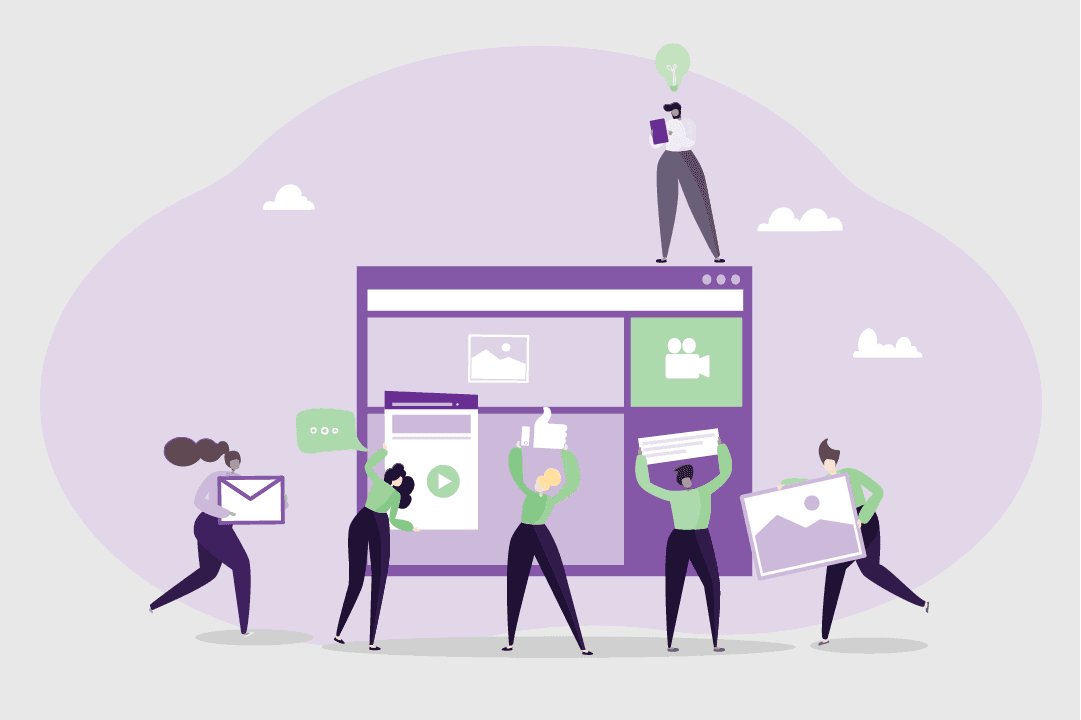Software developer job description
Let’s get real. Job information online can often be overly optimistic — conveniently glossing over the raw bits. But when you’re making decisions about your future, you need all the facts.
That’s why we anonymously surveyed software developers about their job, with hopes of getting an honest insight into what it’s really like.
While we did our best to ensure respondents were Australians and verified their job titles with proof of employment, we can’t guarantee complete accuracy — or that your experiences in the field will reflect theirs. So, we suggest that you take these insights as a guide only and try to talk to people in the field before making an important decision.
Tasks and responsibilities for a software developer
The main tasks and duties of a software developer include:
- Developing and implementing new software
- Testing, maintaining and optimising existing software
- Designing and maintaining databases
- Coding software, either independently or (more likely) as part of a team in line with technical specifications
How to become a software developer
-
Study
Although no specific degrees or certificates are technically needed to become a software developer, most employers seek a formal qualification, like a Diploma of Information Technology or a degree in a related area like IT, software engineering, or computer science.
-
Find an entry-level job
As a graduate, there are entry-level jobs available in software development. You may particularly appeal to recruiters if you can point to some real-world work experience you gained during your study — such as an internship.
-
Specialisation
You also have the option of upskilling to become a specialist software developer or deepening your knowledge through a bachelor’s or even master’s degree in a related field.
Pathway options
As you gain experience as a software developer, you may be able to move into higher-level roles, with potential career paths like:
Junior
-
Junior programmer
Most common qualification: Certificate III in Information Technology (ICT30120)
Mid
-
Software developer
Most common qualification: Diploma of Information Technology (ICT50120)
-
Automated tester
Most common qualification: Diploma of Information Technology (ICT50120)
-
Programmer
Most common qualification: Diploma of Information Technology (ICT50120)
Senior
-
Backend developer
Most common qualification: Advanced Diploma of Information Technology (ICT60220)
Explore related qualifications
Diploma of Information Technology
Get a general understanding of the fundamentals of IT. Develop skills in working with clients, project management, team leadership and facilitation, developing concepts, IT databases, operating systems, mobile apps, software applications, application development, cloud computing, information architecture, machine learning, software and web development, cybersecurity and privacy, intellectual property, and debugging. This qualification takes 18 months of full-time study to complete (or part-time equivalent).
7 providers offer this course
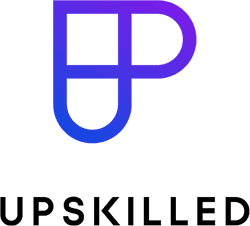

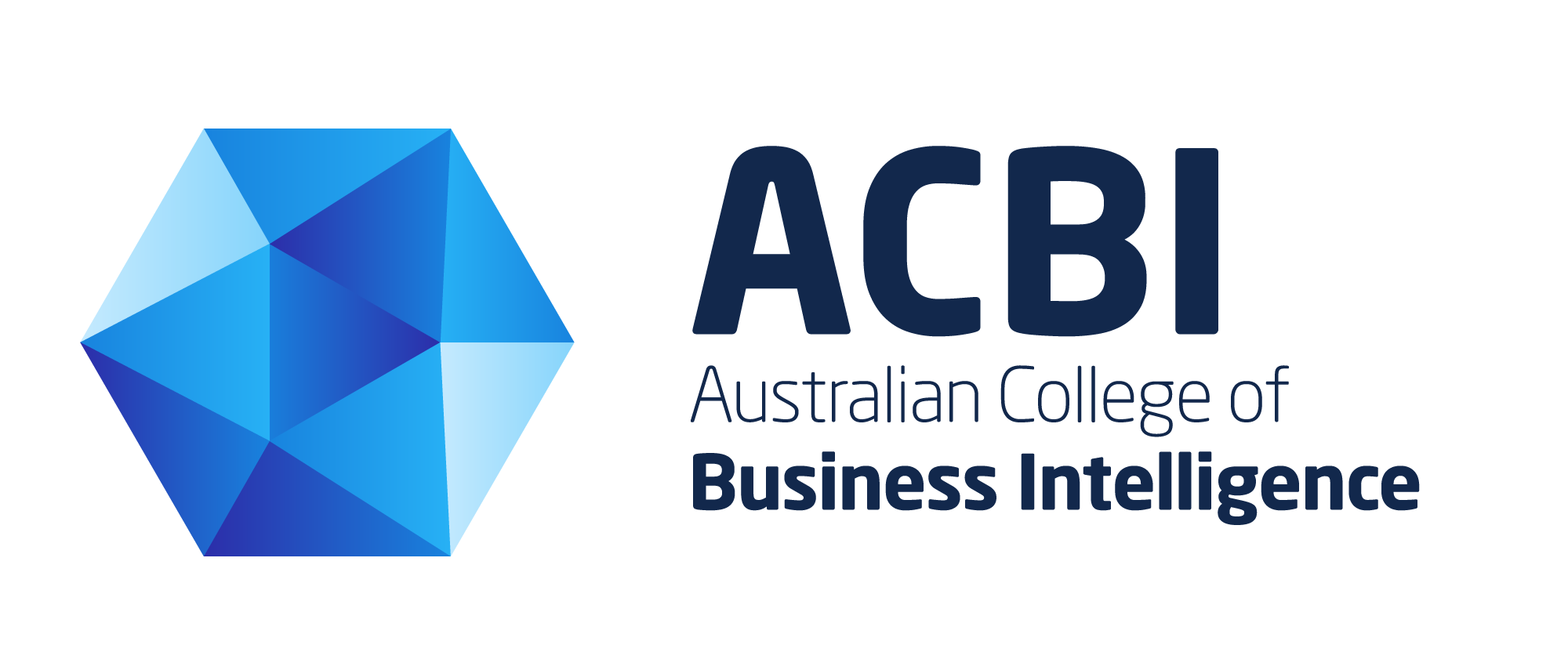




Related subjects
If you’re interested in technology and coding, you may also be interested in:
Related articles
People in tech are involved in innovation and are meeting business demands in new and exciting ways. Read more to find out what kind of career in tech is right for you.
Reviews
Reviews are from Australian workers with this job title or a very closely related one.
Is this your job title?
Share your thoughts and help people decide if this job is right for them.
- All
- Positive
- Negative
Matthew
Nov 13 2021Fast-moving.
What are the best parts of the job?
All the different types of programming codes you get to explore
What's the most challenging part?
The never ending technological advances and changes you constantly have to learn quickly
Taj
Nov 22 2021Creativity vs technology.
What are the best parts of the job?
When you get to put your creativity first, finding ways to solve problems with software.
What's the most challenging part?
When the technology has to come first, and you have to work around its constraints.
Joel
Nov 03 2021Creating new solutions.
What are the best parts of the job?
It's rewarding creating innovative solutions to problems.
What's the most challenging part?
It can be disappointing and frustrating when some of the solutions don't work.








